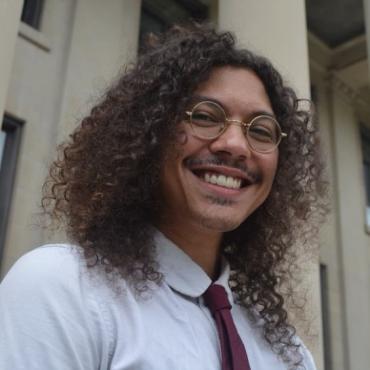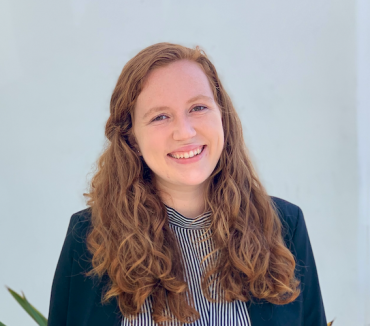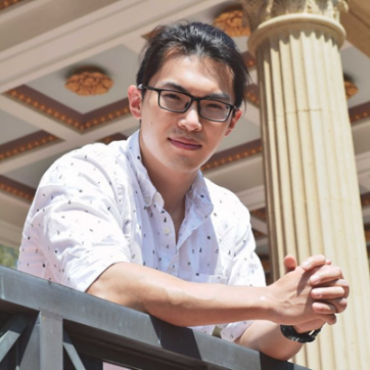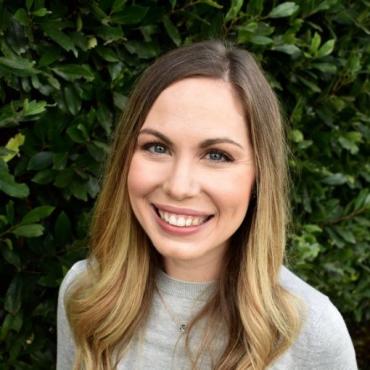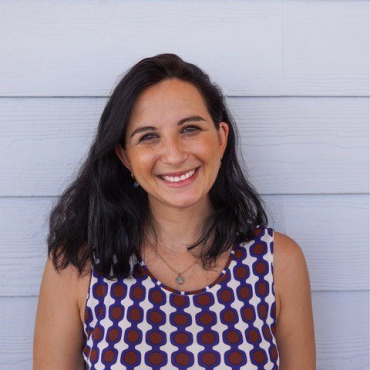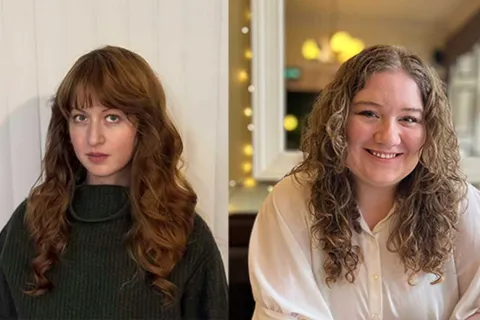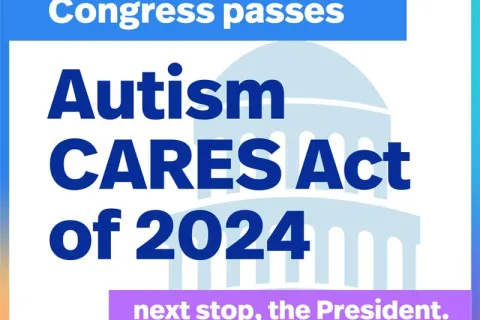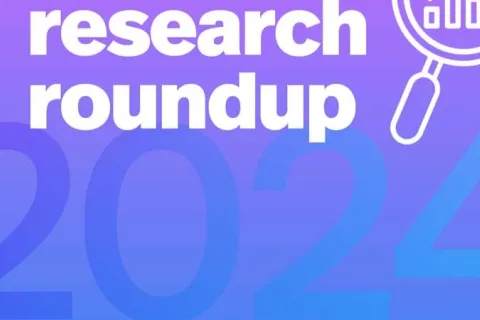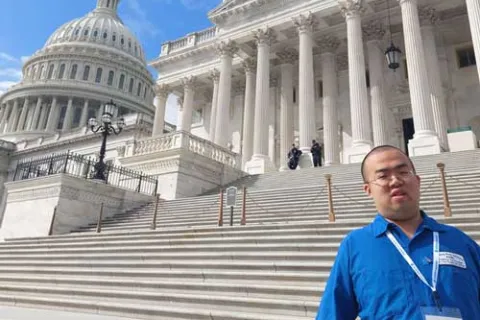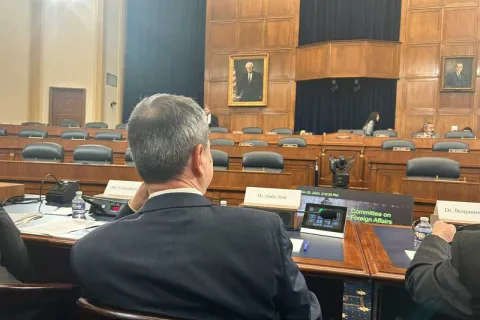Autism Speaks awards over $550,000 for autism research
September 13, 2022Autism Speaks, the global nonprofit dedicated to promoting solutions, across the spectrum and throughout the life span, for the needs of people with autism and their families, today announced $555,850 in grant funding to five researchers studying autism. As a major funder of autism research, Autism Speaks is committed to advancing the study of causes and better interventions for autism spectrum disorder (ASD) and related conditions.
“This year’s researchers are tackling projects that deepen our understanding of autism in ways that can improve lives today and deliver more effective, personalized care in the years ahead,” said Autism Speaks Chief Science Officer Andy Shih. “We are proud to support a promising group of young scientists who are propelling the field of autism research forward in new directions.”
Grant applications were peer reviewed by a panel of scientific reviewers, community advocates and self-advocates who assessed the applications on scientific merit. Autism Speaks’ Medical and Scientific Advisory Committee, a panel of scientific reviewers and self-advocates, reviewed the panel results with relevance to the Autism Speaks mission. Finalists were then recommended to the board of directors for approval.
This year’s awards include two predoctoral and three postdoctoral fellowships granted to doctoral students or recent doctoral graduates studying autism. Fellowship projects will focus on motor delays, sensory challenges, ASD-linked genetic variants and interventions, and loneliness in autistic adults. The chosen projects represent a range of research studies, all sharing the goal of improving the lives of children and adults on the spectrum.
Grant recipients for 2022 are:
Predoctoral Fellowships
Nathaniel Jones, University of Ottawa
(Mentor: Simon Chen, Ph.D.)
Recent studies have linked autism with delays in the ability to learn motor movements, such as walking or using objects. These motor delays can appear earlier than any other signs of autism, but researchers don’t yet understand what causes these difficulties. In this study on mice, researchers will try to prove that motor learning delays are caused by the deletion of a small piece of chromosome 16. They hypothesize that this deletion affects noradrenaline activity in the brain. The results of this study will help researchers better understand ASD-related motor challenges and aid in earlier diagnosis and better interventions.
Kathleen O’Hora, University of California, Los Angeles
(Mentor: Carrie Bearden, Ph.D.)
Research suggests that higher connectivity between two brain regions responsible for processing sensory input is linked to sleep problems, sensory sensitivity and inattention in autistic people. This may be caused by altered sleep spindles, or patterns of brain waves that suppress information about external stimuli while sleeping. Sleep spindles can be identified by electroencephalography (EEG), a test that measures electrical activity in the brain. However, traditional sleep EEGs often lead to inconsistent and limited results. This study aims to identify other low-burden ways to observe sleep spindles and measure sensory challenges in ASD.
Postdoctoral Fellowships
Guo, Qiuyu, University of California, Los Angeles
(Mentor: Daniel Geschwind, M.D./Ph.D.)
Studies have shown that genetics play an important role in ASD, but the ways early brain development is affected by ASD-linked genetic variants is not well understood. This project will look at 1,062 genetic variants associated with ASD. The goal is to identify ASD-linked genetic variants, map out their target genes and understand their effects. The results of this study will allow for better assessment and interventions targeted to specific genetic variants.
Hillary Schiltz, University of California, Los Angeles
(Mentor: Catherine Lord, Ph.D.)
Loneliness is common among autistic adults, often leading to a decline in mental health, physical health and quality of life outcomes. However, researchers and clinicians currently do not have an autism-specific tool to assess loneliness that captures the unique experiences of people with autism. This study hopes to develop a self-reported measure of loneliness for autistic adults that will be accessible for those with mild to moderate intellectual disability. The tool will be used in an ongoing 30-year study to help researchers better understand how major life transitions affect loneliness, social connection and well-being in autistic adults.
Gerarda Cappuccio, Baylor College of Medicine
(Mentor: Mirjana Maletic-Savatic, M.D./Ph.D.)
DNA-based therapies that use antisense oligonucleotides (ASOs) to change gene expression have led to better outcomes in many neurological conditions. However, these therapies have not yet been applied to ASD. In this study, researchers will examine the brains of patients with MeCP2 Duplication Syndrome, a condition related to the over-expression of a gene linked to autism. They will look at the effect of ASO treatment on these patients’ neural activity in order to understand if ASO-based therapy is effective to treat gene overexpression in autism.

